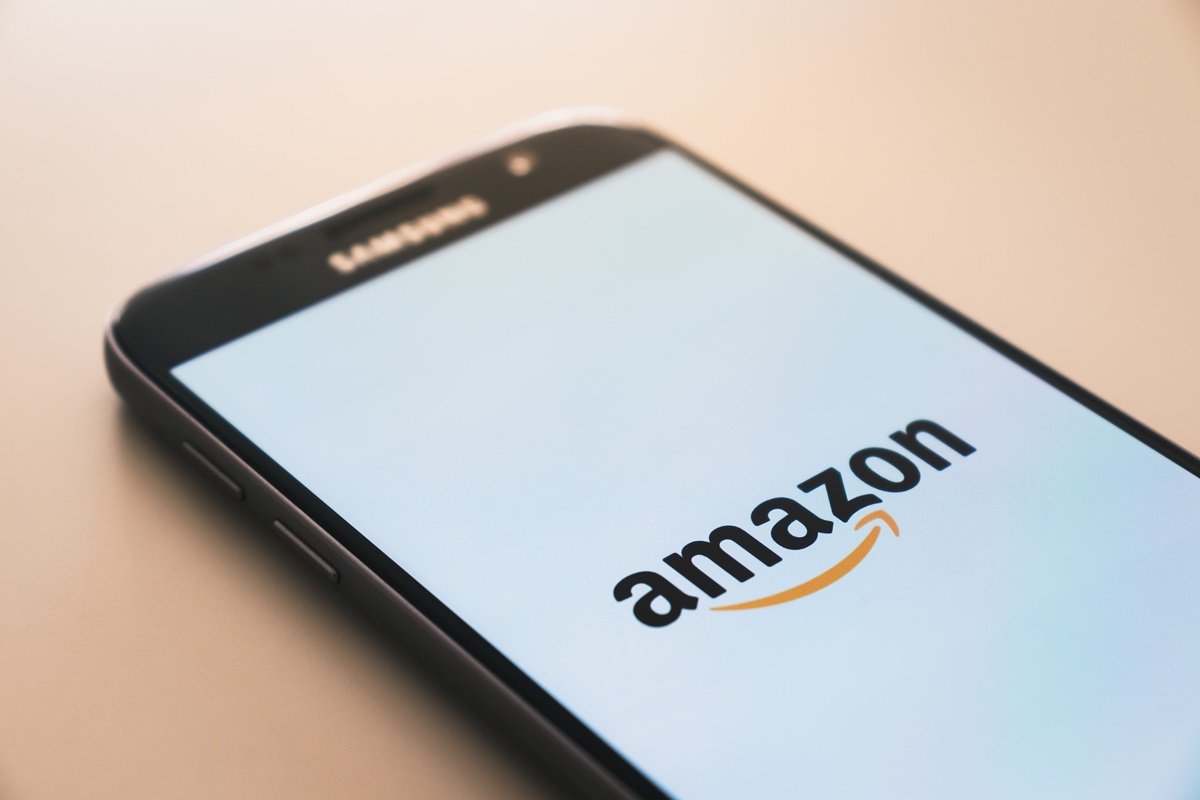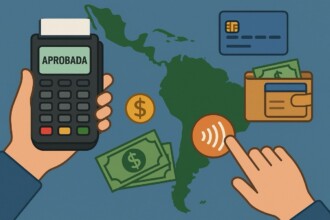Amazon plans to expand the scope of the grocery delivery service to the entire territory of the United States.

The specified e-commerce giant began testing the mentioned service this year. The company delivered products to people who were not subscribed to its loyalty program called Prime. The e-commerce giant plans to open even more supermarkets next year.
The company announced the expansion of the scale of applying the specified service on Thursday, November 9. This decision is a step in the implementation of the e-commerce giant’s strategy for a grocery reboot. Buyers can take advantage of the company’s offer in any place where there is access to the Amazon Fresh service.
Consumers who are not Prime members will be charged between $4.95 and $13.95 for grocery delivery. Currently, the fee for members of the corporate community of the e-commerce giant ranges from $ 6.95 to $9.95 with free delivery over $100.
Consumers in more than 3,500 cities across the United States will have access to two-hour grocery delivery from Amazon Fresh or Whole Foods Market.
Claire Peters, vice president of Amazon Fresh worldwide, said that the company’s management was pleasantly surprised by the number of consumers who ordered products during the trial. She said that delivery from Whole Foods Market stores will be available to customers who are not Prime users shortly.
Amazon currently has a large online grocery business in its ownership structure. As part of this segment of the e-commerce giant’s activities, the sale of household goods and much more is carried out. In recent years, Amazon’s business has been expanding as a result of the appearance of more physical stores. According to experts, this trend in the company’s activities is evidence that many consumers prefer to personally buy food.
In addition to Whole Foods, the e-commerce giant currently operates convenience stores, pocket markets, and Amazon Fresh supermarkets. The company started opening these points of sale during the coronavirus pandemic.
Grocery store boss Tony Hoggett, the former chief executive of Tesco Plc, suspended the process of launching new stores last year. This happened at a time when the e-commerce giant was reviewing its strategy in the sphere of fresh products. Tony Hogget and his assistants decided to redesign the stores to increase the range and add products such as hot coffee and donuts. In this case, there is a desire to focus on traditional elements of retail trade. It is also indicative that the company is no longer focused on cashless payment technology to the extent that it has been inherent in it for many years when the corresponding option was actively advertised by Amazon.
Claire Peters, commenting on the changes in the priority system of the e-commerce giant, said that at some point Amazon came to understand that it should master the basics of grocery trading as a matter of priority, and nothing else would matter until the corresponding goal will be achieved. She said the company plans to resume opening new Fresh stores in 2024 after a hiatus of more than a year.
The e-commerce giant has updated the design of five locations, including in three areas of Los Angeles, where repairs were recently completed. Claire Peters also noted that the company does not intend to open stores aimlessly.
Amazon CEO Andy Jassy said in August that to sell products in the amount his company plans, there must be a massive physical offer. He also stated that as part of the search for a solution to the relevant problem, many concepts of activity were considered. In the summer, Andy Jassy said that so far there is no consensus on the format that the e-commerce giant plans to expand.
In October, the company announced a reduction in the threshold for free grocery delivery for Prime subscribers to $ 100. The previous minimum was $150.
Currently, according to experts, large retailers are facing the problem of increasing the profitability of eGrocery. Walmart, which is one of Amazon’s main competitors, offers Walmart+ members free grocery delivery when ordering more than $35. In this case, a fee of $7.95 to $9.95 is provided for non-residents.
As we have reported earlier, Amazon Reportedly Considers Expansion Into Veterinary Telehealth.









